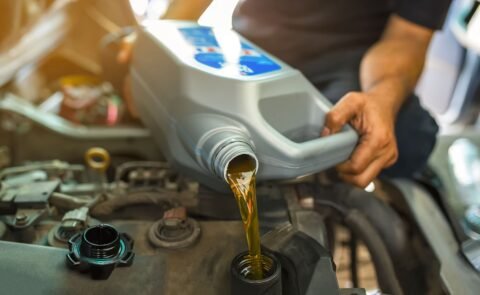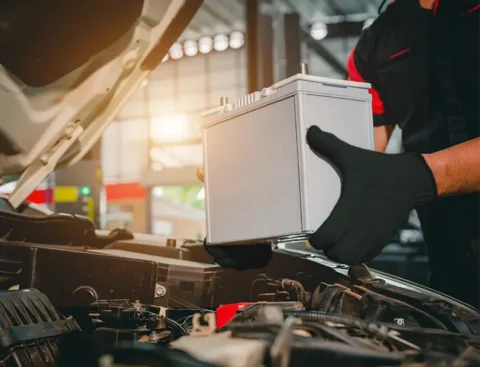Your vehicle’s improved fuel efficiency reduces your environmental impact and saves you money at the gas station. With gas prices fluctuating, maintaining fuel efficiency becomes crucial for every driver. Car maintenance is essential for safety and ensuring your vehicle runs efficiently. A well-maintained car is not only safer to drive but also more fuel-efficient, leading to a reduction in the overall environmental impact. By keeping up with regular car maintenance, you help minimize harmful emissions, contributing to a cleaner and healthier planet.
Regular Maintenance for Optimal Performance
Regular maintenance is essential for any equipment or vehicle to function optimally and have a long lifespan. Adhering to recommended maintenance procedures, such as regular oil changes, filter replacements, and inspections, prevents minor issues from escalating. For instance, car maintenance near York offers convenient access to professional services that can enhance efficiency and reliability. This proactive approach not only boosts safety but also reduces the likelihood of unexpected breakdowns. Investing time and resources into routine upkeep, whether through local services or DIY practices, ensures smooth operation and extends the lifespan of your assets.
Effective Driving Habits to Improve Fuel Economy
Your driving habits significantly affect how much gas your car guzzles. Accelerate smoothly, avoid hard braking, and stick to the speed limit. The U.S. Department of Energy claims that aggressive driving can lead to a 15% to 30% reduction in highway fuel efficiency and a 10% to 40% decrease in congested traffic. Maintaining a consistent highway speed using cruise control can also help conserve fuel, negating the need for constant acceleration and deceleration. Planning your trips to avoid heavy traffic can make your drives smoother and more efficient, reducing the wear and tear on your vehicle while conserving fuel.
The Benefits of Using the Right Motor Oil
Your engine will run more efficiently if you use the motor oil grade that the manufacturer recommends. Certain oils contain additives to lower friction and increase fuel economy. To find out what oil is recommended, consult your car’s manual. High-quality synthetic oils can offer better protection and efficiency than their conventional counterparts. Additionally, regular oil changes prevent sludge and deposits from building up in the engine, ensuring it runs smoothly and efficiently. This straightforward maintenance step can make a noticeable difference in your car’s fuel consumption and longevity.
The Role of Aerodynamics in Fuel Efficiency
Believe it or not, your car’s shape affects its fuel economy. Aerodynamic design reduces drag and makes the vehicle more fuel-efficient. Gas mileage can be increased by lowering aerodynamic drag, which can be achieved by removing roof racks when not in use and closing windows while driving. Wind resistance significantly impacts your car’s efficiency, particularly at higher speeds. By minimizing this resistance, you can ensure that your engine does not have to work as hard to maintain speeds. Simple changes, such as removing external accessories and keeping your car streamlined, can contribute appreciably to improved gas mileage.
Technologies That Boost Fuel Efficiency
Modern cars come with several fuel-saving technologies. Start-stop systems, regenerative braking, and improved combustion engines make new cars more fuel-efficient. If you’re in the market for a new vehicle, consider these technologies to save on fuel costs in the long run. Additionally, hybrid and electric vehicles offer substantial fuel savings by reducing or eliminating gasoline dependency. With technological advancements, even traditional combustion engines are becoming more efficient, offering better mileage and reduced emissions.





